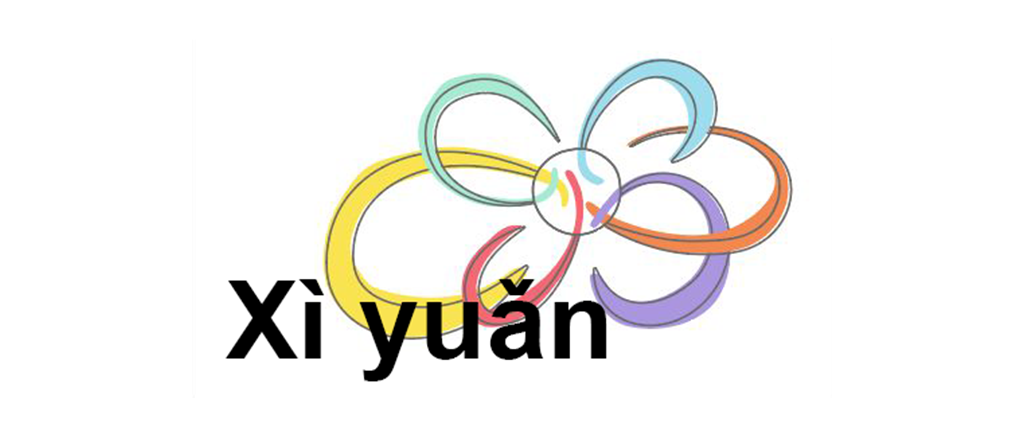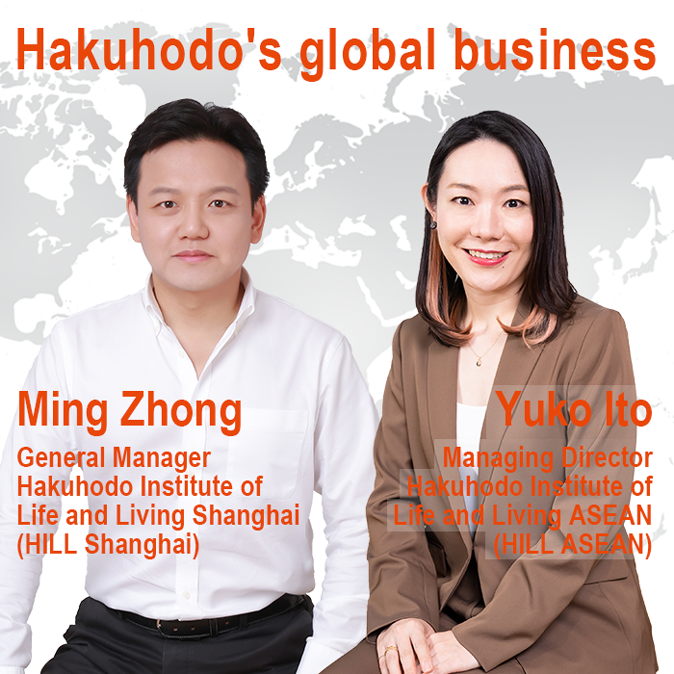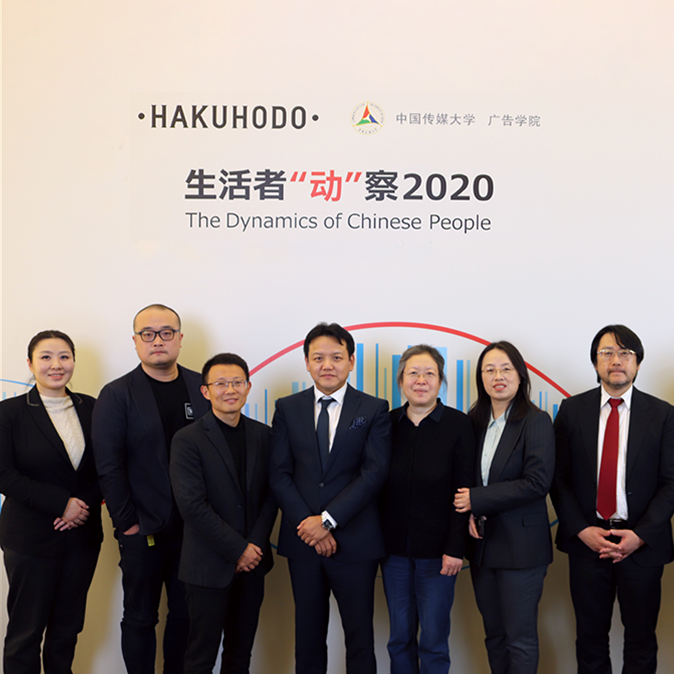- News
- Research
- Events
- HILL
Xì yuǎn: Post-00s Tapping the Power of their “Far Circle”
Tokyo—December 21, 2021—Hakuhodo Institute of Life and Living Shanghai (HILL Shanghai) and the School of Advertising at the Communication University of China today unveiled the ninth set of findings from their joint research project, “The Dynamics of Chinese People.” The theme this year was “The Real Lives of the Post-00s, China’s Future.”
Recently, the word tǎng píng (躺平; literally “lie flat”), meaning to seek a simpler life with lower professional and economic ambitions, has been popular among the younger generations in China. A massive drop in the number of young people who say they want a “High” standard of living in the future, which was 79% in the 2012 study but only 56% in 2021, seems to back up this trend.
Meanwhile, in an interview survey of the Post-00s generation (Chinese people born in the 2000s), comments such as the following abounded: “I say I want to tǎng píng to my friends, but I actually have a detailed life plan that I am working hard toward,” and “I am studying on the sly because I don’t want to fan competition among my friends.”
While agreeing that their standard of living is “High,” having been brought up in privileged circumstances economically and in terms of their educational environment, (11% among young Chinese in 2012, but 27% in 2021 (Data 1)), the Post-00s generation sees the competitive environment they inhabit as growing fiercer due to factors such as China’s slowing GDP growth, fiercely competitive university entrance exams, and decreasing job vacancies. They are feeling the pressure.
With the future of the global economy also murky due to the COVID-19 pandemic, only around 20% of respondents agreed they would accept maintaining or lowering their current standard of living. Therefore, most Chinese youngsters have not lost the desire to improve their lives, per se (Data 3).
Tǎng píng acts like an invisibility cloak that helps young people avoid competing with or becoming a target of jealousy and comparison for others in their close communities of friends, class mates and colleagues. In other words, in their “close circle.” This study found that many young Chinese today strongly desire to steadily improve themselves in an effort to survive in a society that is growing increasingly unclear.
Xì yuǎn (系遠): Post-00s Tapping the Power of their “Far Circle”
Analysis of findings from the 2012 and 2021 studies has revealed the existence of young Chinese who cleverly leverage the power of distant third parties (their “far circle”). They want to steadily increase their skills and get ahead by using social media and the like to tap into knowledge and skills of people in their far circle that they can interact with without restraint, unlike those in their close circle, who they share ties of obligation with.
HILL Shanghai and the School of Advertising at the Communication University of China have dubbed this desire Xì yuǎn: Post-00s Tapping the Power of their “Far Circle.”

Key characteristics of Xì yuǎn
(1) Asking questions of people that seem to have specialist knowledge that they have only ever conversed with on social media to get accurate information
(2) Connecting online with unknown third parties with similar goals and engaging in friendly rivalries with them to acquire skills and abilities
(3) Sounding off to people they connect with through shared interests or are in occasional contact with about the true feelings they cannot share with those in their close circle
At the unveiling of the findings of “The Dynamics of Chinese People 2021” held today, details of the behavioral characteristics of young people who have this Xì yuǎn desire were introduced, as well as key marketing perspectives and hints for companies that market to them.
Click here for more details on this research
















